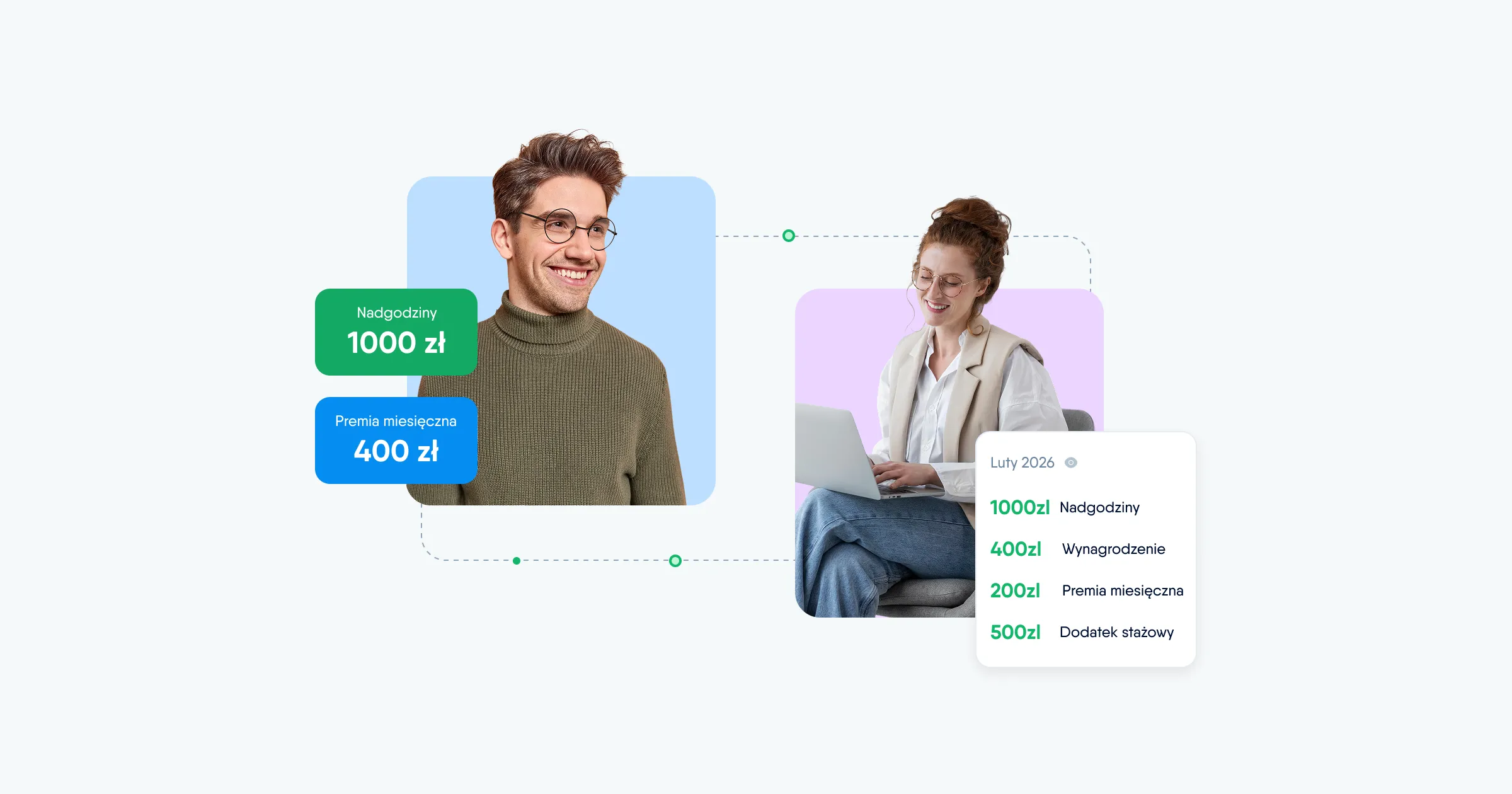Non disclosure agreement (NDA)
What is non-disclosure agreement (NDA)?
What is an NDA?
NDA stands for Non-Disclosure Agreement and represents a legal agreement between two or more parties wherein they agree to protect certain confidential information, and to share it for specific purposes, while not disclosing it to third parties. It’s a legally binding agreement, one that lasts for a predetermined period of time. If the protected, confidential information is revealed by one of the involved parties, there are usually legal consequences.
The confidential information that’s covered by an NDA can be highly varied in nature and often includes financial information, trade or brand secrets, intellectual property, etc. The agreement will state for how long these secrets must be kept confidential, and also how they may be revealed under certain circumstances. For an NDA to enjoy full efficacy, the terms and conditions must be clear to all involved.
Why are NDAs important?
As you can imagine businesses have good reasons to protect confidential information. When it comes to HR there are more specific factors to consider, let’s examine them in more detail.
Identify protection. The most common confidential information that companies hold is the personal data of their employees, like their social security codes, bank account numbers, performance records, etc. NDAs help to ensure that this info is legally protected and made safe from unauthorized access.
Trade secrets. The protection of trade secrets is one of the most classic utilizations of NDAs, for example, a company might produce a food product with a recipe known to a small number of employees. The HR department in this case will control access to this information via employee records and will have to consider this issue during onboarding.
Brand reputation. Unfortunately it’s almost impossible for a company to go without at least one incidence of extreme employee dissatisfaction. When employees leave under difficult circumstances they may spread malicious information about the company, which could damage its brand reputation. An NDA is one way to forestall this problem.
Legal protection. NDAs are binding, legal documents, and act to protect the company’s interests in difficult circumstances. If potential legal issues arise in the course of a lawsuit, internal investigation, etc, they can act as a final bulwark in preventing the release of damaging information to the public.
What are the consequences of breaking an NDA?
The most famous cases of NDAs being broken known to the general public usually involve celebrities and vast amounts of money. While it’s unlikely that breaches in HR will generate as much troubles they still have serious consequences.
1. Legal action. As we’ve already covered, an NDA at its core is a binding legal document, and if one is broken legal action will almost always ensue. This can be intensively time-consuming and expensive for all involved and can cause a considerable amount of strain on HR professionals.
2. Termination. If an employee breaks an NDA their termination will almost always be required, even before any legal action is taken. Therefore it’s important that HR departments be ready to act in such cases, to ensure that terminated employees immediately have access to company systems, software, etc, removed.
3. Opportunity loss. This issue works two ways. If an employee willfully breaks an NDA then their reputation may suffer immeasurable damage, and their working opportunities will be curtailed. As for companies, if they break NDAs their reputation amongst clients and other stakeholders will diminish, positing a threat to their prosperity.
How do HR professionals properly store/protect NDAs?
In the past companies would store their NDAs in physical forms, like in a locked filing cabinet or a secure storage room. Even today, some companies continue to do this which raises a number of serious concerns about theft, data loss, human error, etc. Needless to say, we don’t recommend you store NDAs in paper form alone.
Many companies host NDAs on cloud-based storage systems, which makes it easy to access and retrieve such documents. It's a step up from only using paper-based NDAs, but it also raises a number of security issues. Uncontrolled cloud storage is also vulnerable to hacking attacks so it's better to file NDAs in your own HRM system.
One of our modules, PeopleHR, provides the maximum level of security for all of your important company documents like NDAs. Not only does this allow you to quickly access NDAs when time is pressing (for example, if an employee is undergoing termination), but you can also set custom access control to ensure only relevant stakeholders are able to view your NDAs. You’re also able to reference NDA information with employee history data to avoid discrepancies, all under the same system with just a couple of clicks.
If you want to adopt an all-in-one HRM system that you can use to protect and properly utilize your NDAs then get in touch with us today. All you need to do is request a demo and one of our experts will get back to you.

